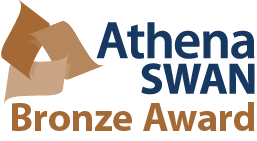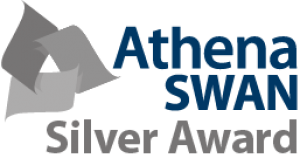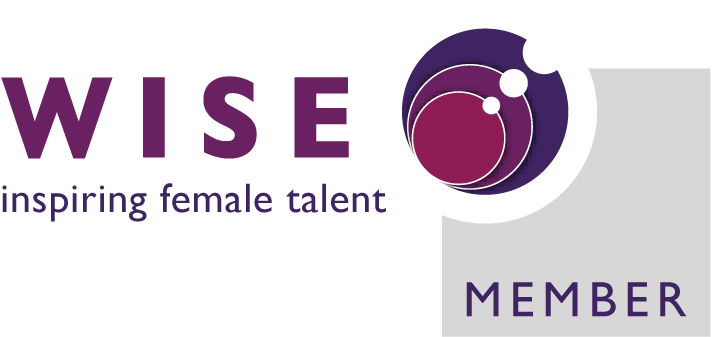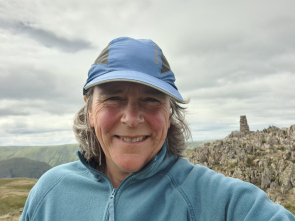You are here
- Home
- Mrs Elaine Hooton
Mrs Elaine Hooton
Professional biography
Prior to starting my PhD, I worked as a teacher and educator for 34 years. Graduating from UCL with a geography degree, I went on to qualify as a teacher. Over my teaching career I had many wonderful opportunities, becoming a primary Head Teacher and then moving into teaching older age groups. Throughout I maintained a keen interest in environmental issues and developments, eventually returning to my geographical roots to teach A-level geography for nearly a decade.
I have always been really interested in discovery learning and enjoy the 'journey' of exploration involved in research. I'm thrilled to have been given this opportunity by the OU. I've developed a range of effective qualitative research skills over the first half of my PhD journey and look forward to continuing my development as a researcher.
Research interests
My PhD project is titled 'Written In Stone: Evaluating Geodiversity as a Natural, Social and Economic Asset'. The aim is to develop an approach to assessing and assigning value to geodiversity. Geodiversity can be called 'the silent partner' to biodiversity and this project seeks to 'give voice' to the non-living elements of landscapes, such as rocks, rivers and natural processes. The research will explore geodiversity's place within concepts such as ecosystem services, natural capital, nature connectedness and public benefit. Through this research our aim is to develop a transferable framework allowing organisations, such as the National Trust, to better understand their geodiverse assets and benefit their visitor experience.
I'm delighted to be a member of both the Dynamic Earth Research Group and the Ecosystems Research Group at the OU.
I am interested in hearing from you if you think that you can contribute to this research, or want to learn more. Please do get in touch by sending me an email....Elaine.Hooton@open.ac.uk
Impact and engagement
6th October 2022 saw the inaugral UNESCO International Geodiversity Day (IGD) and I used my teaching experience to create a lesson plan for teachers that was accepted for inclusion on the official IGD website and shared within the AQA A-level Geography Teacher Group. In January 2023 I participated in the Royal Society Theo Murphy meeting which had the theme 'Geodiversity and Society'. This brought together international researchers in geoheritage, geoconservation and biogeography; leading to a Philosophical Transactions A special issue published in Februray 2024.
The Royal Geographical Society (with the Institute of British Geographers) hosted a postgraduate conference in April 2023 where I presented on 'Geodiversity: A Shift In Perspective?'. This generated much interest amongst fellow postgraduate researchers, and connections with their work in areas such as rewilding and circular economies.
In May 2023 I enjoyed outreach work with trainee teachers in Humanities, at the University of Bedfordshire, where we workshopped how to use the concept of geodiversity for cross-curricular teaching.
Over the following six months my role as Geodiversity Lead on the NERC funded 'From Macro to Micro' project involved working within a collaborative OU/ Natural England/ Dudley Council/ Black Country Geopark team and with the wonderful staff and students from King Edward VI College, Stourbridge. With visits to the Wren's Nest and Saltwells National Nature Reserves, and the OU campus, we worked with the students to co-create new geological collection pages for the OU Virtual Microscope ( https://www.virtualmicroscope.org/ ).The collection also showcases how geology, art, history and culture can interconnect The project video 'From Macro to Micro: exploring the geodiversity of Dudley' can be seen on YouTube ( https://tinyurl.com/2pu3e8v3 ).
Most recently I have presented a 'lightning talk' as part of the OU PolicyWISE unit's engagement with environmental topics, comparing the development of geodiversity charters across the nations of the UK.
My research data is gathered by documentary analysis and semi-structured interviews at National Trust properties. This in itself brings engagement with a variety of 'publics'. Through conversation with National Trust staff and volunteers the research is bringing the concept of geodiversity to life and giving voice to its values. The Written In Stone project was chosen as a case study within the National Trust Annual Research Report 2023-24 ( https://tinyurl.com/4b57ve5t ).
External collaborations
The Written In Stone project is supported by the National Trust and Natural England. Funding is through CENTA - The Central England NERC Training Alliance. Thank you.




